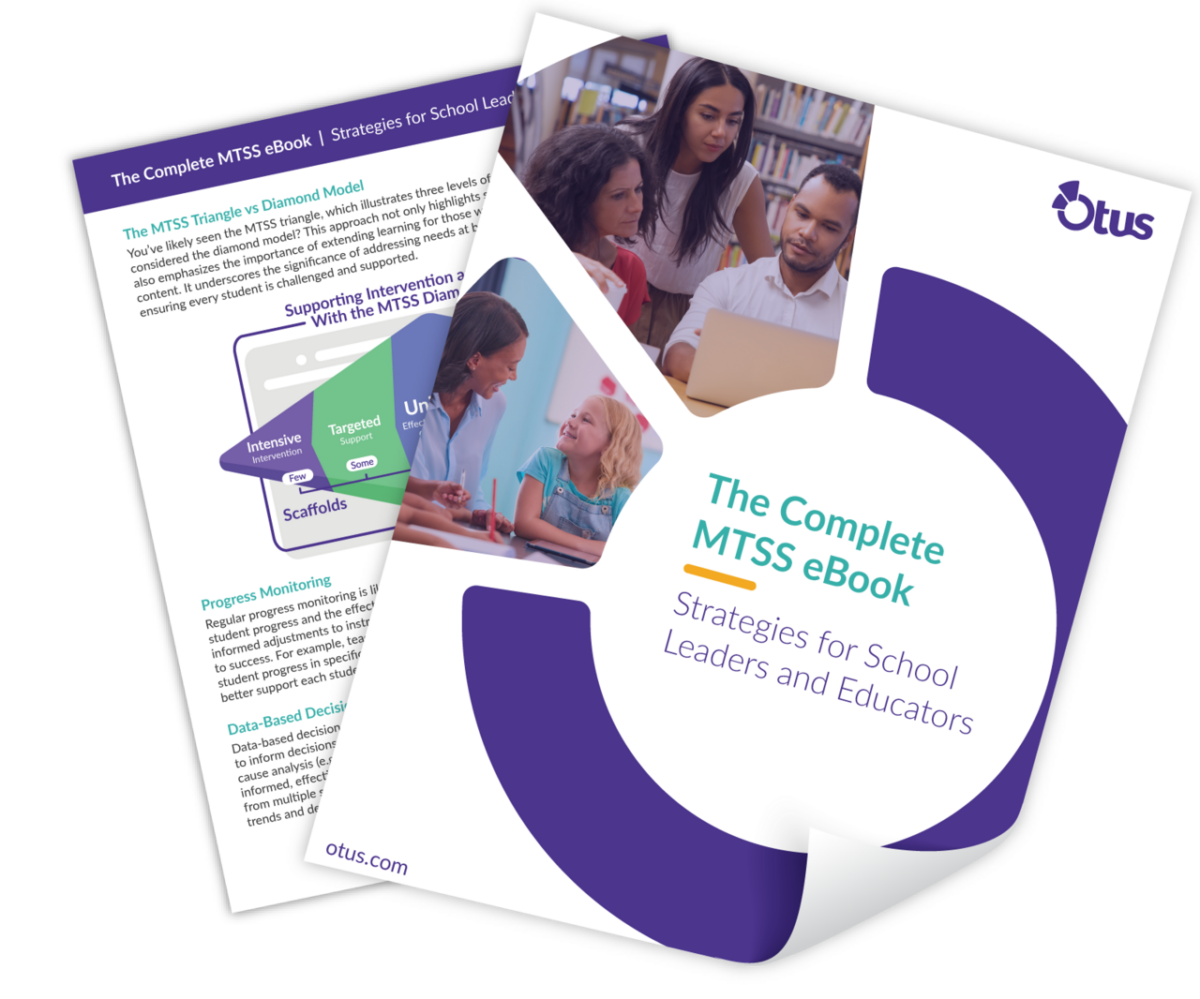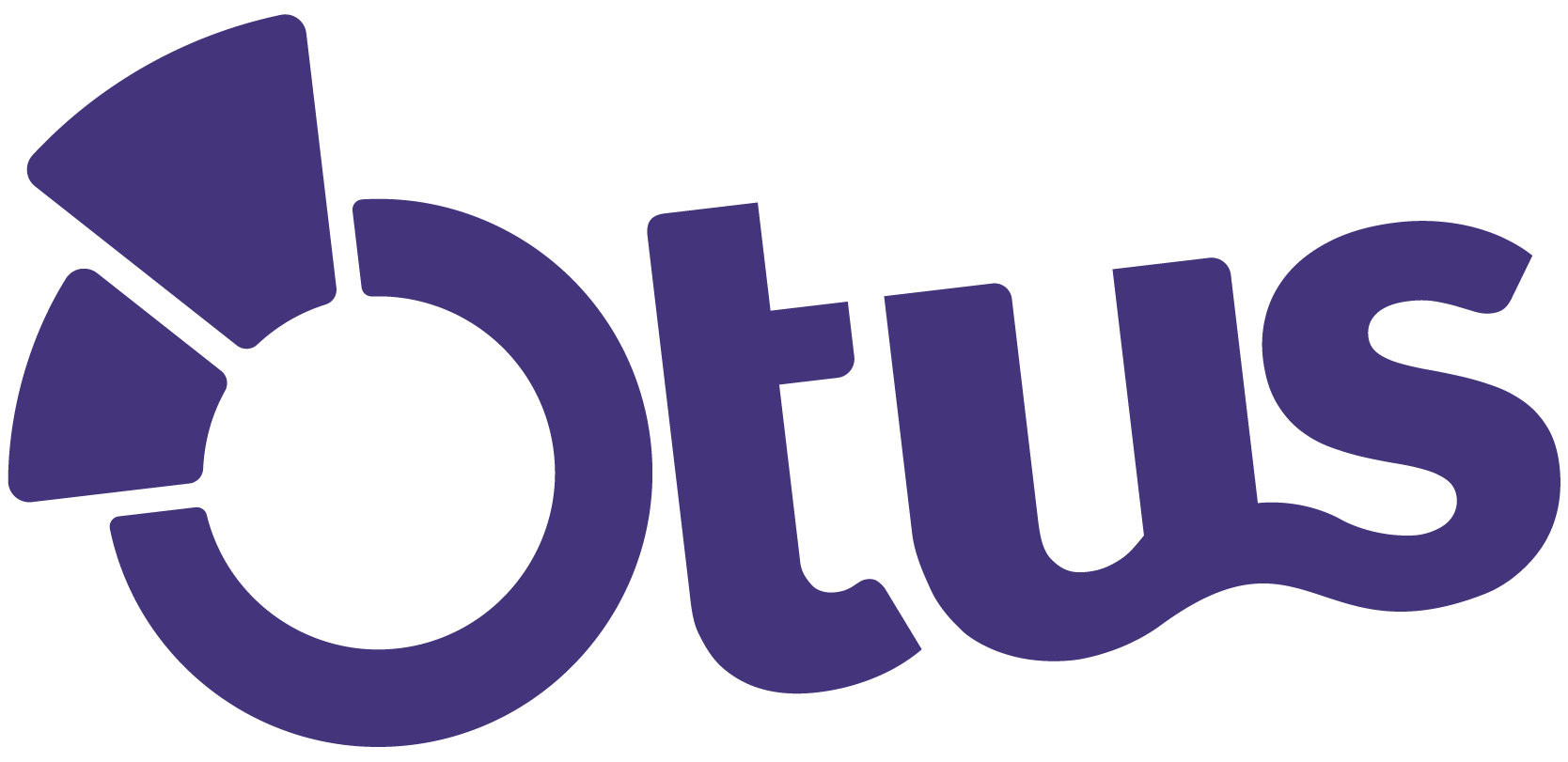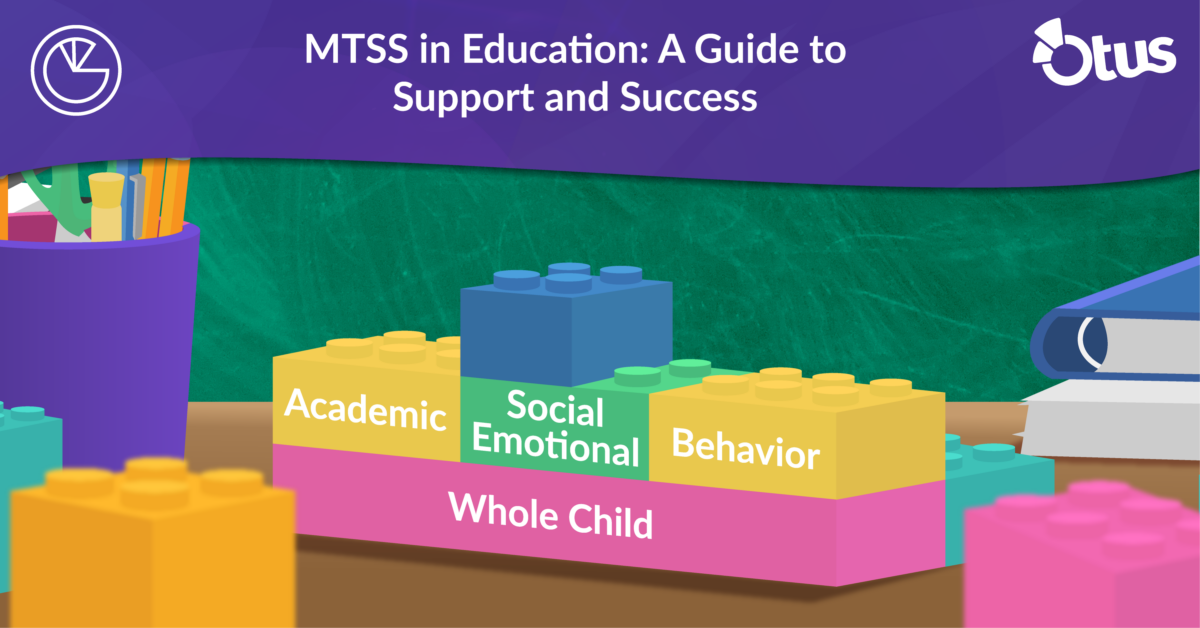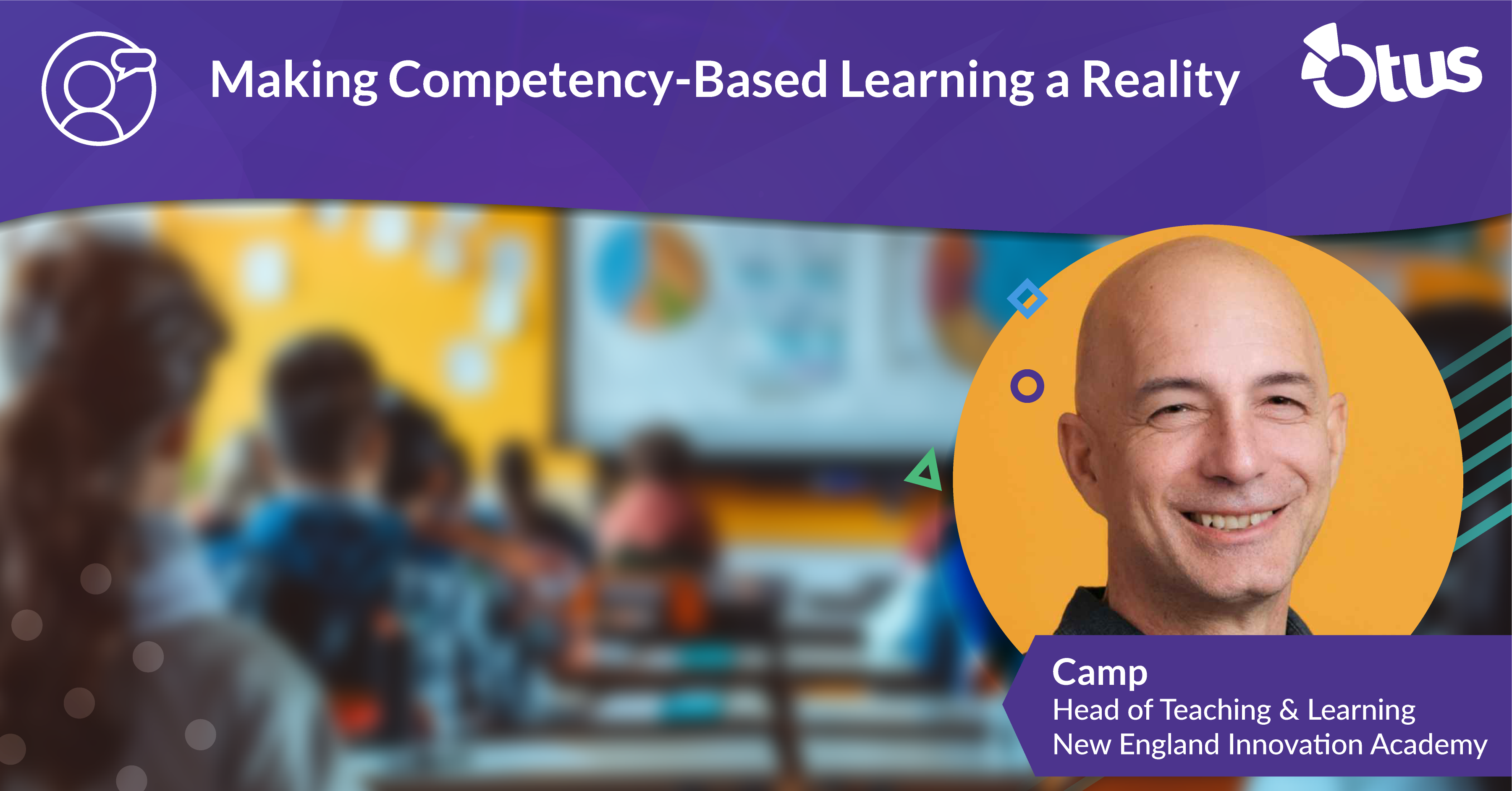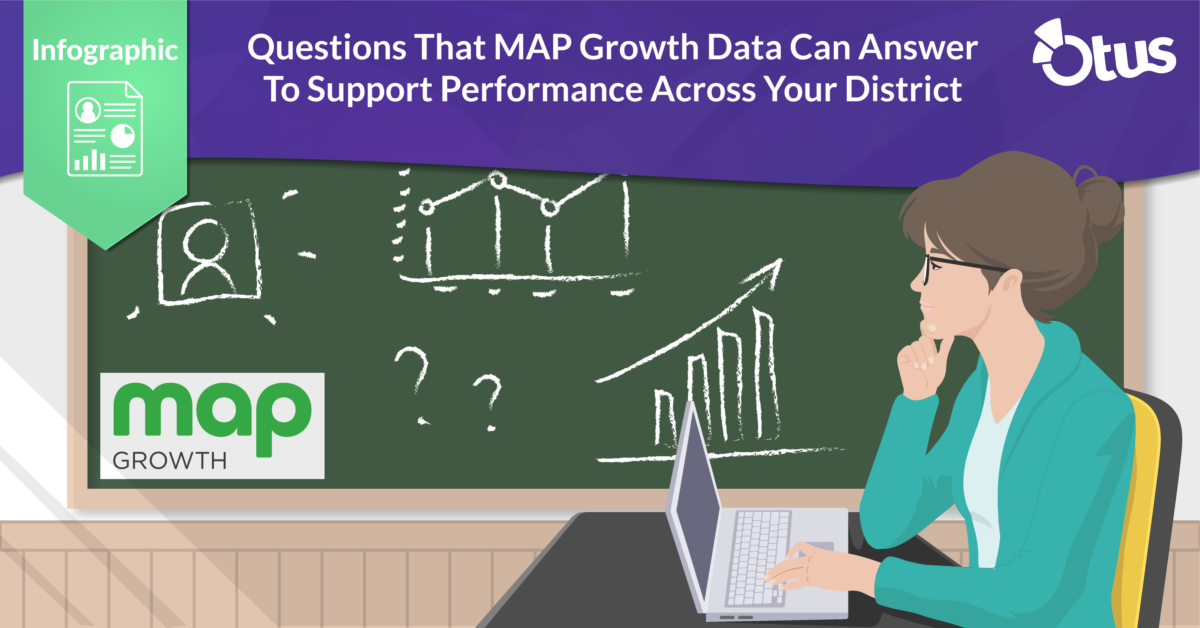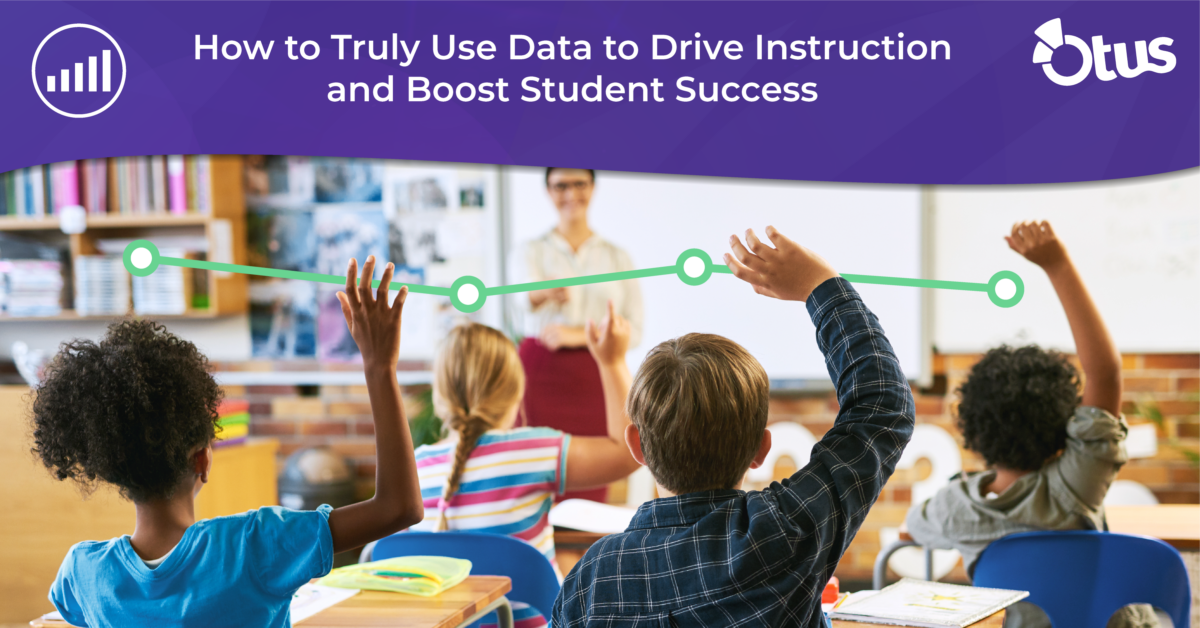As a K-12 educator or school leader, meeting the varied needs of all students can be truly challenging. The Multi-Tiered System of Supports (MTSS) is a comprehensive framework designed to provide personalized support and improve academic and behavioral outcomes for students. MTSS encompasses a range of instructional and support strategies organized into tiers, each designed to address different levels of student need. By systematically organizing resources—academic support, behavioral interventions, and social-emotional counseling—MTSS ensures that students receive the appropriate level of support to make progress. This approach helps educators identify students who may require more intensive interventions, including special education services if necessary. Below, we’ll explore the benefits of MTSS for students, teachers, and schools, and highlight effective strategies you can use for its implementation.
Benefits of MTSS
For Students
- Personalized Support: MTSS ensures that each student receives the individualized attention they need to succeed, whether academically, behaviorally, or socially.
- Improved Academic and Behavioral Outcomes: MTSS provides targeted interventions that help students achieve better results in their studies and exhibit positive behaviors.
- Personalized Learning Experiences: Students benefit from tailored instruction that addresses their unique learning styles and needs.
- Early Identification and Intervention: MTSS allows for the early detection of learning and behavioral challenges, enabling timely support to prevent issues from escalating.
- Streamlined Processes: The structured approach of MTSS ensures that support systems are efficiently organized, making it easier to monitor and adjust interventions.
- Improved Student Outcomes: Overall, the implementation of MTSS leads to higher achievement levels and more positive school experiences for students.
For Teachers
- Clear Framework for Addressing Student Needs: MTSS provides teachers with a systematic approach to identify and support students’ diverse needs.
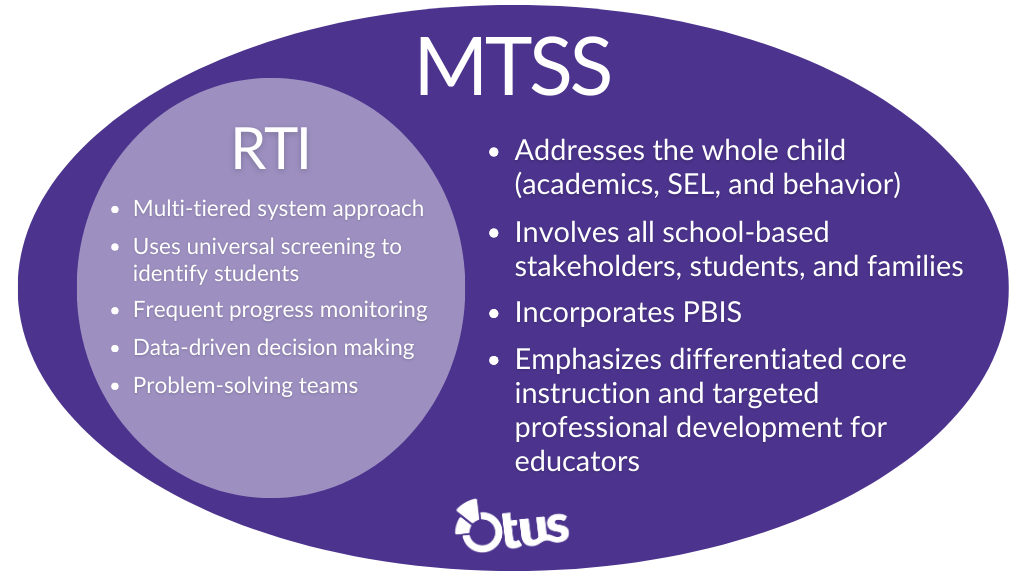
MTSS was created by combining the academic focus of RTI and the behavioral focus of PBIS into a unified framework. This ensures that every student receives the right level of support.
- Professional Growth: Teachers develop new skills and strategies for differentiated instruction and intervention through MTSS training and practice.
For Schools
- Enhanced Overall Student Achievement: Schools that implement MTSS see improvements in student performance and success rates.
- Positive School Culture: MTSS fosters a supportive and collaborative environment, contributing to a more positive school culture.
- Streamlined Processes: Schools benefit from organized systems for tracking student progress and implementing interventions, leading to more efficient operations.
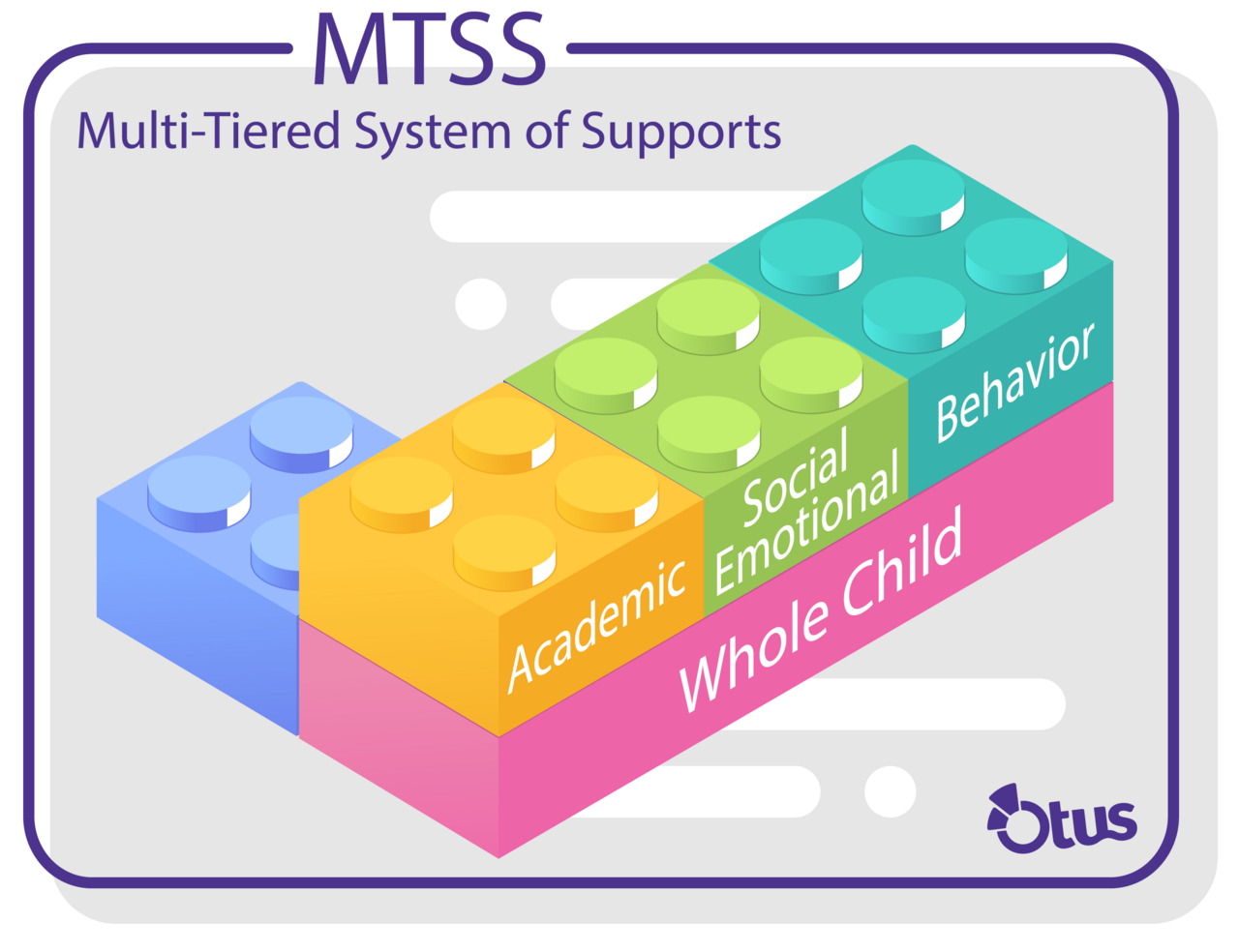
Academic Strategies
- Differentiated Instruction Techniques: Tailoring instruction to meet the individual needs of students, using various teaching methods and materials.
- Use of Data to Inform Instruction and Interventions: Collecting and analyzing student performance data to guide teaching and identify areas needing support.
Examples of successful academic interventions include implementing targeted programs like reading recovery or math tutoring, which help students overcome specific difficulties and achieve academic success. Additionally, strategies such as weekly academic check-ins, homework clubs, peer tutoring, and the use of specialized programs like Accelerated Reader, Corrective Reading, and ALEKS help provide comprehensive support for students.
Behavioral Strategies
- Positive Behavior Reinforcement Techniques: Encouraging desired behaviors through rewards and recognition, creating a positive learning environment.
- Strategies for Developing Social-Emotional Skills: Teaching students skills like empathy, self-regulation, and cooperation to improve their interactions and behavior.
Examples of behavioral interventions include programs such as Check-In/Check-Out (CICO) that provide additional support and monitoring for students with behavioral issues. Other effective strategies include classroom observations, pre-correction conversations, and binder or locker organization sessions. Additionally, the use of behavior contracts, class passes, self-monitoring techniques, and talk tickets can effectively encourage and maintain positive behavior.
Social-Emotional Strategies
- Programs and Activities to Support Students’ Emotional Well-Being: Implementing initiatives like mindfulness programs, counseling services, and peer support groups.
- Techniques for Building a Positive School Culture: Creating a school-wide focus on respect, inclusivity, and emotional safety.
Examples of social-emotional learning (SEL) interventions include classroom meetings, restorative circles, and social skills training, all of which help students develop essential emotional and social competencies. Additional strategies include student goal-setting with WOOP, “Rose, Bud, Thorn” journaling, and small group SEL lessons that focus on developing social skills and emotional resilience.
The Future of Education with MTSS
The Multi-Tiered System of Supports is essential for creating an educational environment where every student can thrive. By providing personalized support, fostering professional growth for teachers, and enhancing overall school culture, MTSS helps ensure that all students have the opportunity to succeed academically, behaviorally, and socially. As schools continue to implement and refine their MTSS frameworks, the positive impact on student outcomes will only grow, making it a vital component of K-12 education.
How Otus Supports MTSS
Otus streamlines MTSS by providing a unified platform where educators can track student data, monitor progress, and identify needs for timely interventions. This integrated approach ensures that support is provided precisely when and where it’s needed, ultimately improving outcomes for all students.
